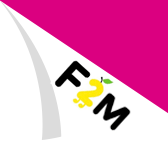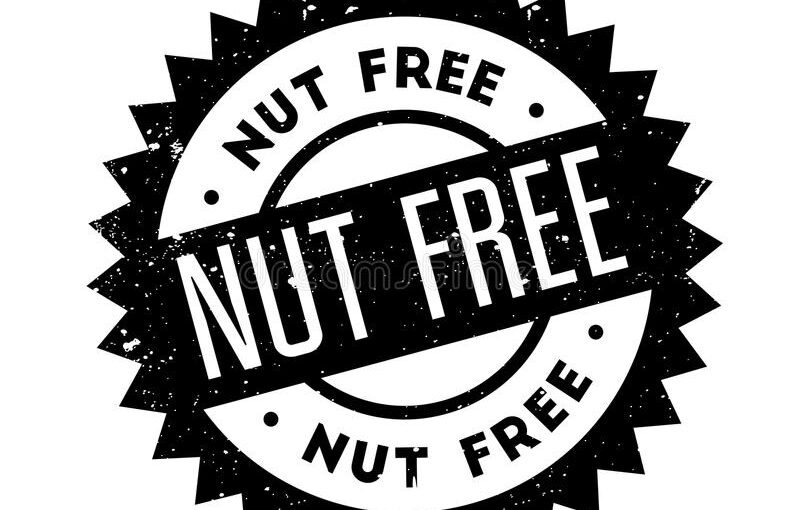Avoid foods that may contain tree nuts or any of these ingredients
- Artificial nuts
- Beechnut
- Black walnut hull extract (flavoring)
- Brazil nut
- Butternut
- Cashew
- Chestnut
- Chinquapin nut
- Coconut
- Filbert/hazelnut
- Gianduja (a chocolate-nut mixture)
- Ginkgo nut
- Hickory nut
- Litchi/lichee/lychee nut
- Macadamia nut
- Marzipan/almond paste
- Nangai nut
- Natural nut extract (e.g., almond, walnut—although artificial extracts are generally safe)
- Nut butters (e.g., cashew butter)
- Nut distillates/alcoholic extracts
- Nut meal
- Nut meat
- Nut paste (e.g., almond paste)
- Nut pieces
- Pesto
- Pili nut
- Pine nut (also referred to as Indian, pignoli, pigñolia, pignon, piñon and pinyon nut)
- Pistachio
- Praline
- Shea nut
- Walnut hull extract (flavoring)
Be careful
Allergens are not always present in this food and products. They can also present in cosmetics and even in pet food. Remember to read food labels and ask questions about ingredients before eating food you have not prepared yourself.
While out and about
Ice cream parlors, coffee shops, and restaurants, examples: Chinese, African, Indian, Thai, and Vietnamese, are considered high risk for people with a tree nut allergy. Even if you order a tree nut-free item, there is always the risk of cross-contamination if the restaurant is not careful.
Some alcoholic beverages may contain nut flavoring, so consider avoiding these as well. Because these beverages are not federally regulated, you may need to call the manufacturer to determine the safety of ingredients such as natural flavoring.
Take precautions
Don’t forget to always carry an EpiPen and be conscious of your surrounding. Often, nut allergies can be air-born. So even if no one at your table has nuts in their dish, the people at the following table may have some, which may trigger an allergic reaction.



